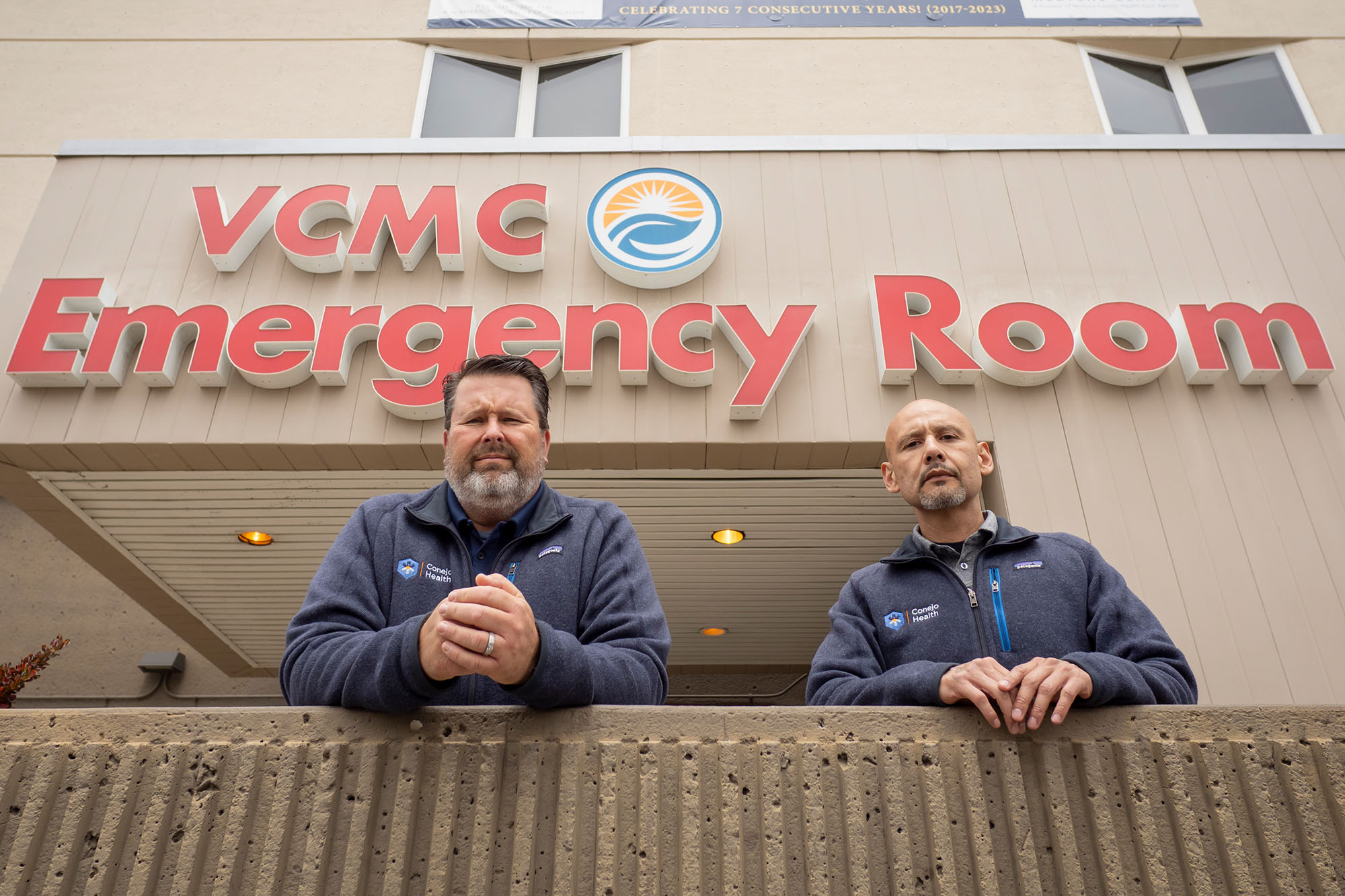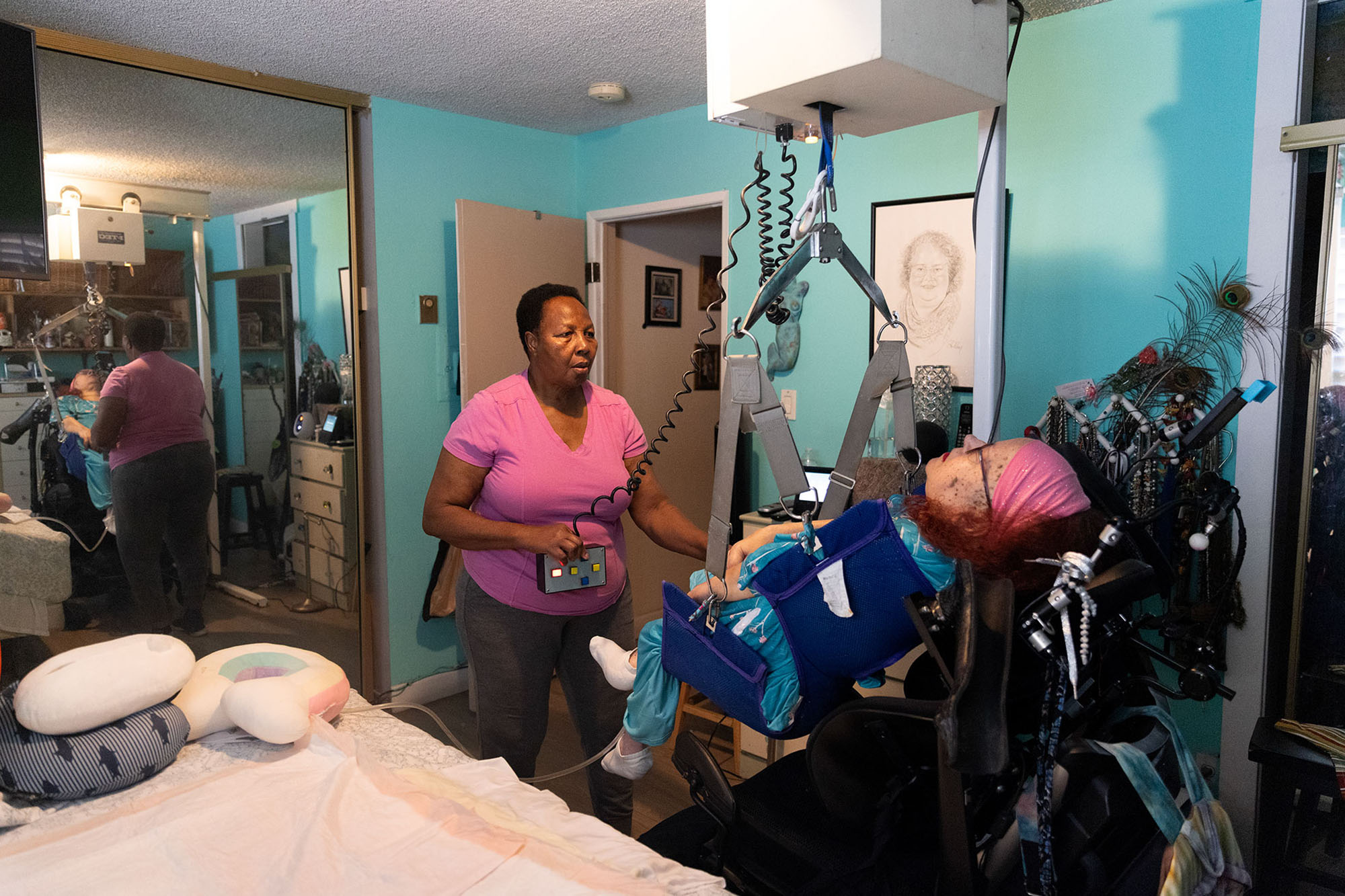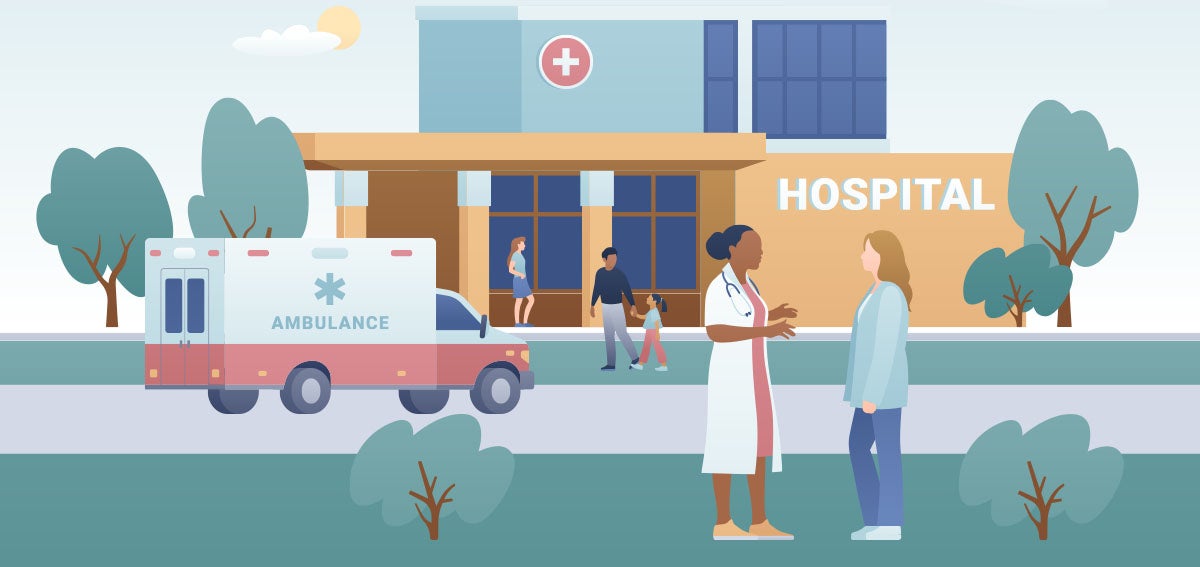View the Report
Jump to All Downloads & LinksA first-of-its-kind convening in October brought together Medi-Cal managed care plans, health care providers, and community-based organizations from across the state to swap insights, share innovations, and develop ideas for boosting uptake of Medi-Cal’s ambitious new Enhanced Care Management (ECM) benefit, launched in 2022 as part of CalAIM.
ECM aims to provide comprehensive care coordination for Medi-Cal members with complex health needs, including through the integration of social services. The meeting addressed the implementation challenges of ECM, such as establishing partnerships, developing workflows, and ensuring a trained workforce. The event encouraged collaborative discussion and problem-solving among participants to improve the delivery and effectiveness of ECM in ways that maximize the wellbeing of Medi-Cal members.
Over the two-day event, attendees identified and proposed solutions for these six key challenges:
- Challenge #1: Many providers feel overwhelmed by CalAIM, and there is a need to build confidence and capacity.
Proposed solution: Launch training academies to support providers with onboarding to CalAIM and ongoing management. - Challenge #2: Community health workers (CHWs) are critical for community engagement, but most organizations struggle with recruitment and retention.
Proposed solution: Collaborate across managed care plans (MCPs) and providers to train and reward CHWs. - Challenge #3: Housing navigation services are needed, but there is not enough housing.
Proposed solution: Define measures of success for navigation with the reality of insufficient housing options in mind, and introduce tiered navigation based on need. - Challenge #4: ECM enrollment needs to increase, and ECM engagement needs to improve.
Proposed solution: Reimagine how to identify who is eligible, match with providers, and plan for transitions. - Challenge #5: Data exchange is one of the main obstacles faced across implementation partners.
Proposed solution: Request that the Department of Health Care Services (DHCS) provides clear expectations on data standards and sharing. MCPs can then lead the way to support providers and community-based organizations in adopting technologies and improving data flow. - Challenge #6: Staff burnout is one of the main barriers to success, while administrative burden is driving an exodus from the field.
Proposed solution: Use technology to allow humans to be humans, and minimize time consuming routine work that can be automated.
See the complete paper, available for download below, for more detail on each of these ideas.
Authors & Contributors

Claudia Boyd-Barrett
Claudia Boyd-Barrett is a longtime journalist based in Southern California. She writes regularly about health and social inequities. Her stories have appeared in the Los Angeles Times, San Francisco Chronicle, San Diego Union-Tribune, and California Health Report, among others.
Boyd-Barrett is a two-time USC Annenberg Center for Health Journalism fellow and a former Inter American Press Association fellow.





